I liked this from the HGTV webite that was just emailed out...
Easier Gardening
Paul McKenzie
By Paul McKenzie
Scan the gardening section at the local bookstore and you'll find numerous titles that include the terms low-maintenance, carefree and easy. Gardeners, of course, eat these up, looking for that secret formula to having a beautiful garden with no work. But do the covers ever show anyone holding a shovel?
The fact is, gardens need tending. Gardens need a gardener.
Not that you shouldn't read these books, but consider the source. They are written by people like me who are obsessed with gardening. They are written by people like me who plant 6,000 square feet of vegetables and flowers and pay $60 for a fancy hoe.
That said, there certainly are ways to make gardening easier, and I'll mention a few below. But lest you think I offer these with some altruistic motive of giving you more time for family and friends, rest assured you are mistaken. Rather, my hope is that the time you do spend gardening will be more enjoyable and productive, inspiring you to break new ground, build new beds, plant more flowers. Let's face it, we've got an awful lot of ground to cover and the bulldozers have a head start.
Get some wheels. There are a wide variety of wheeled contraptions available, from wheelbarrows to carts to wagons. My beds are spread out over an acre, so a wagon was the choice for me. It's amazing how much easier it is to move bags of fertilizer, flats of flowers and baskets of squash when they are riding on a wheeled platform.
Garden close to home. The long-term dream for your landscape may include a secret hideaway in the back corner of your lot. The only problem is, the less frequently you visit, the less you'll maintain it. Put a flower bed somewhere between your front door and your driveway and you'll pass by it twice a day. That flower bed will be carefully tended, weed-free and immaculately deadheaded. The further the bed is from air-conditioning and lemonade, the more weeds it will have.
Where's the water? Nothing is more time-consuming and frustrating than dragging hose. It gets caught, kinked and is never where you need it. An irrigation system makes the job much easier, but may be prohibitively expensive and requires monitoring and maintenance. At the very least, consider installing a satellite spigot in a central location in your landscape.
Get a good mower. This may seem counterintuitive, since many gardeners want less lawn, not more. Nonetheless, a significant portion of your yard-maintenance time will be spent walking behind a mower. A mower that's reliable, powerful, well-maintained and easy-to-start will make time away from tending flowers less painful.
Train, don't prune. It's easier to train a child to do the right thing than to punish a child who's done wrong. Training plants is the art of directing the growth where you want it, rather than removing it from where you don't. Here in Piedmont North Carolina, corrective pruning--the kind that leaves you with monstrous piles of clippings--is done in late winter. But training and light shaping can be done in early to midsummer. It's easy enough to tell if a branch is going to grow in the wrong direction. Take it out when it's small, before it has a chance to do so.
Keep tools sharp. Two people chop wood. One takes frequent breaks. The other works non-stop. At the end of the day the one who rested has a larger pile of wood. "How'd you manage that?" asks the other. "During breaks," she replies, "I was sharpening my axe."
Do lots of planning and research. A plant in the wrong spot is a waste of your time and efforts. It will either die young, fail to reach its potential or require constant maintenance. A poorly planned garden will be a source of frustration. The best gardeners have extensive libraries and journals full of sketches and notes. Don't know where to start? Look no further, as you have stumbled upon one of the most fabulous gardening websites around.
Invest in infrastructure. Gardening is all about the plants. But keep in mind that when you're first getting started, plants can be had on the cheap. You can start things from seed, take cuttings from a neighbor or divide perennials. Infrastructure, on the other hand, is pricey but gives you a lot of bang for the buck. I don't know what that might be in your area, but around here it's truckloads of compost, raised beds, terraced slopes and good-quality tillage tools. Spend money on infrastructure and your gardening will be a pleasure. Ignore it and you will soon trade in your trowel for a tennis racket.
Do a little each day. Even if it's only five minutes, make some time in your life each day for a bit of gardening. Instead of watching the news with your morning coffee, carry your mug out to the garden. Yes, you'll miss the crime blotter and the death toll, but you'll get news of first blossoms and nestlings taking flight. You'll catch the weed seedlings before they set seed and pinch off the aphid-infested leaves before they spread. Besides, a day without gardening is like skipping dinner. You'll go to bed hungry.
--Paul McKenzie is a horticulture extension agent in Durham, North Carolina and manages the Durham County Master Gardener Volunteer Program.
http://www.hgtv.com/hgtv/gl_gardening_basics/article/0,1785,HGTV_3589_3877445,00.html
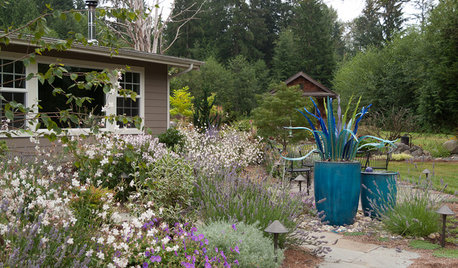
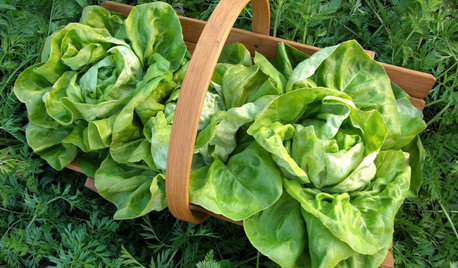
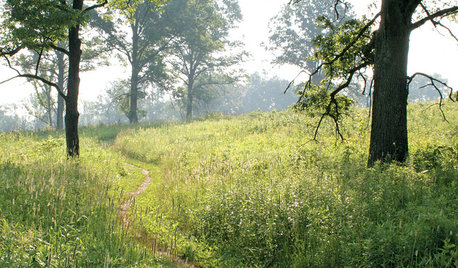
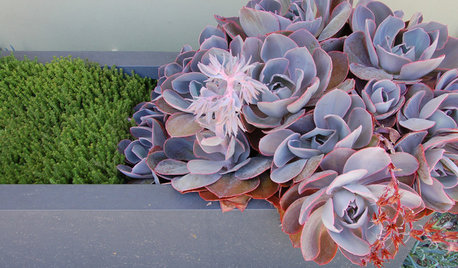
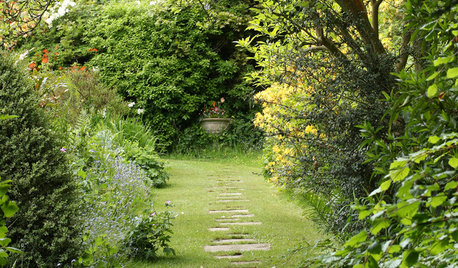
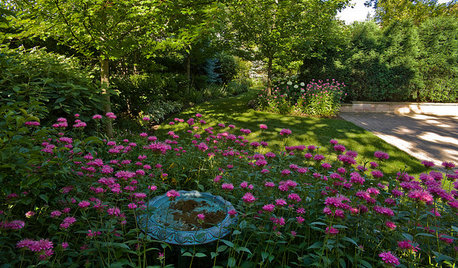

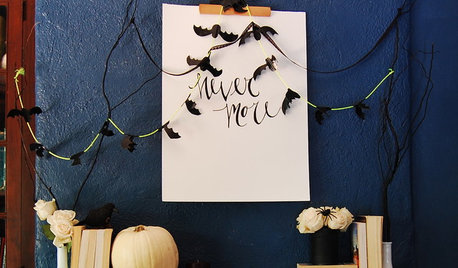
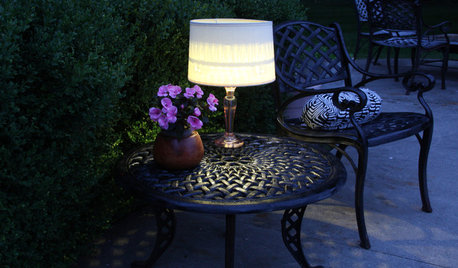
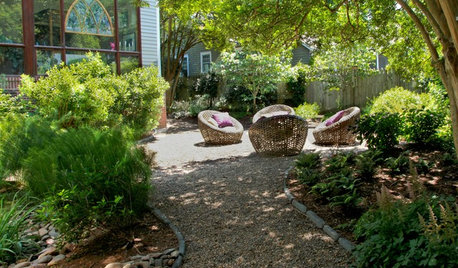






luvdogs
Related Professionals
Davidson Landscape Contractors · Kerman Landscape Contractors · Lemay Landscape Contractors · Mequon Landscape Contractors · North Highlands Landscape Contractors · Parkland Landscape Contractors · Plantation Landscape Contractors · Webster Groves Landscape Contractors · Oxon Hill Landscape Contractors · Merrifield Landscape Contractors · Cincinnati Window Contractors · Aventura Window Contractors · Emeryville Window Contractors · Marinette Window Contractors · Security-Widefield Window Contractors